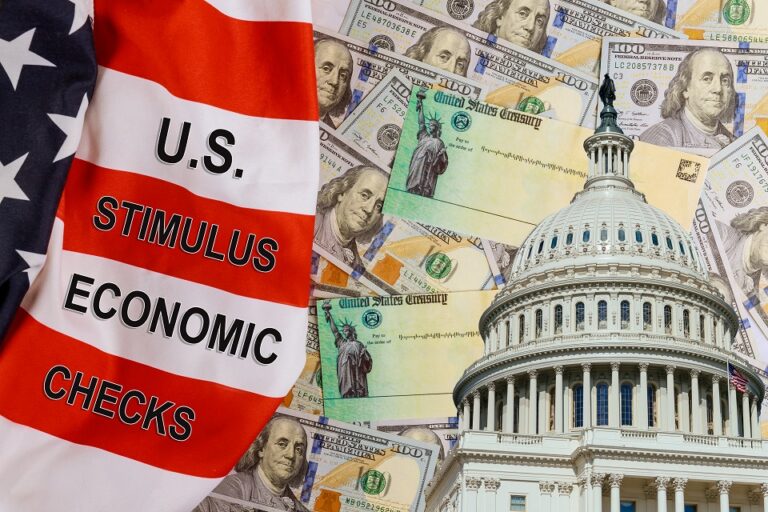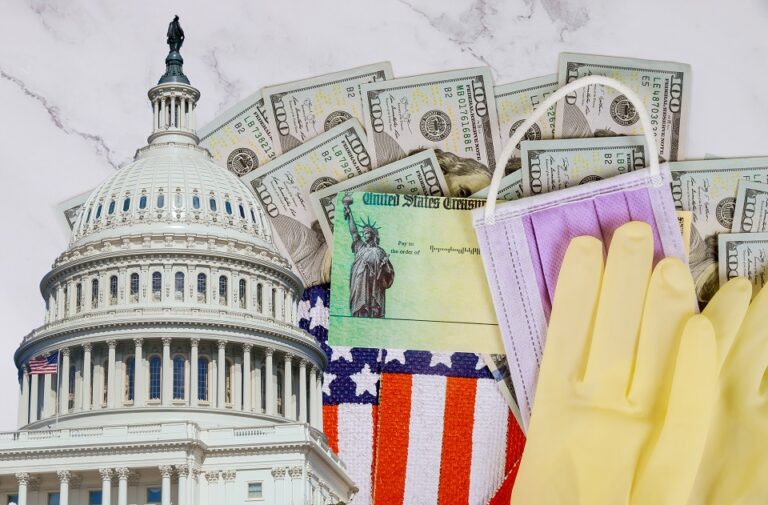2. Connecticut

Number two on our list is the Constitution State where property taxes are the fourth-highest in the U.S, meaning that the $10,000 cap on federal tax deduction of state and local taxes really, really stings. You’ll have to pay around $2,114 in property taxes per $100,000, meaning that a $400,000 house will set you back $8,456 per year.
Residents in high-income areas such as Fairfield County usually pay more than $10,000, however.
State income taxes look like this: 3% on taxable income of $10,000 or less for single filers; $20,000 or less for joint filers and 6.99% on taxable income over $500,000 for single filers; over $1 million for joint filers. Meaning that the effective income tax rate is 2.03% for single filers and 5.19% for joint filers.
For gas, you’ll also pay 42.11 cents per gallon in taxes. But there is good news since there are no local sales taxes to worry about in Connecticut. You only have to pay the statewide rate of 6.35% which is slightly below average. A surprise, but a welcome one! Not only that but groceries, medicine aren’t taxed!
On the other hand, some luxury items are taxed at 7.75%, such as jewelry worth more than $5,000, and cars valued at $50,000 or more. If you’ve set your eyes on a $6,000 engagement ring, get ready to pay $6,465.
Though the threshold is adjusted annually for inflation you should know that the state also taxes estates worth more than $3.6 million.
1. Illinois

Though the Prairie State might sound like a heavenly place, do not let this state nickname deceive you! Residents of Illinois know what economic woes are like here, so if you’re planning on ever relocating, think twice before you settle down as the taxes might truly surprise you!
You might look at the state’s 4.95% flat income tax rate and think nothing of it, but you need to dig a little deeper to fight the truth. Take the property taxes, for example. Are you ready to pay $9,634 a year for a $400,000 home thanks to $2,408 per $100,000 property taxes?
What about the whopping 8.78% sales taxes? In some municipalities, you’ll actually have to pay more than 10%, so that 8.78% doesn’t look so bad now, does it? And if you thought drugs and food would be exempt, think again. For qualifying food and drugs, the state sales tax rate is 1% before you tack on local taxes.
Illinois is also the state with the highest average state and local tax on wireless cellphone service at 20.91%. Taxes on gas? Third highest in the nation at 54.98 cents per gallon. Furthermore, the Prairie State still has an estate tax too, though it applies to estates over $4 million.




